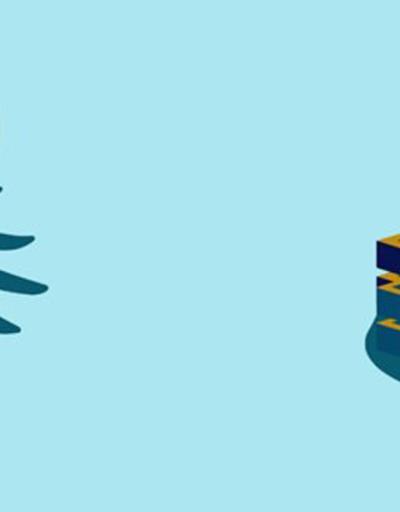Codes and Practical instruments
Codes of ethics
UNESCO promotes an International code of ethics for traders in cultural property which builds on the principles laid down in the 1970 Convention. It is also based on various national codes and Dealers' Codes (such as the code of the international federation of art and antique dealer associations (Confédération internationale des Négociants d'Oeuvres d'Art, CINOA). The UNESCO Code is also close to the model rule on the Acquisition Policies of Museums laid down in the Code of Professional Ethics of ICOM.
ICOM propose a Code of Ethics that forbids museums from acquiring, authenticating or exhibiting stolen or illicitly exported cultural goods. It has encouraged a number of museums to adopt ethical rules for their acquisitions. This code, passed in 1986 and revised in 2006, establishes values and principles that are common to ICOM and the worldwide museum community. It is a reference tool, which has been translated into 36 languages, and it sets minimum standards of practices and professional performance for museums and their staff. By joining ICOM, every member is committed to complying with this Code.
Model Provisions
A Model Export Certificate for Cultural objects (UNESCO-WCO) has been drawn up by the secretariats of the World Customs Organization (OMD) and of UNESCO, which cooperate in the fight against the illicit trafficking of cultural goods. This model corresponds to useful requirements for identifying and tracing cultural objects, without, however, being too restrictive for exporters and customs services.
In response to a growing need to standardize the definition of State ownership of those cultural objects yet undiscovered, the UNESCO and UNIDROIT Secretariats convened a group of experts and endowed them with a mandate to draft a text that would appropriately address the subject. The resultant Model Provisions and their explanatory guidelines are made available to the relevant domestic bodies and legislatures to help them establish and recognize State ownership of undiscovered cultural objects. As such, the provisions carefully articulate the legal status, as applicable to the respective acceding national legislations, of undiscovered cultural property as well as the methods by which it is enforced domestically and internationally, alike. The principle of inalienability is extended to all cultural property, both discovered and not, through authorized excavation and otherwise. It is noted, however, that the Model Provisions do not constitute a binding legal instrument.
Fighting trafficking on the Internet
Faced with the growing trafficking of cultural goods on the Internet and the difficulties encountered by national authorities to control this phenomenon, UNESCO, in close cooperation with INTERPOL and the International Council of Museums (ICOM), makes available to Member States 7 basic measures to be taken concerning the sale of cultural objects via the Internet.
Use of false documents
In the press release of 1st July 2020, UNESCO is urging utmost vigilance after receiving numerous reports of fraud such as fake certificates of authenticity. These false documents fraudulently bear UNESCO's name and logo, sometimes using fake business cards and usurping the names of officials of the Organization and/or partners.
UNESCO is considering legal action to end these frauds and misrepresentations. The Organization calls on all who receive such offers to exercise the utmost vigilance and ensure careful verification before acting on them. It also calls on the recipients to report these offers to the appropriate judicial authorities.
More on the subject:
The Object-ID Standard
Object ID is an international standard for describing cultural objects. It is the result of years of research in collaboration with the museum community, international police and customs agencies, the art trade, insurance industry, and values of art and antiques
Red lists ICOM
Consult the red lists of cultural objects at risk, as established by ICOM


